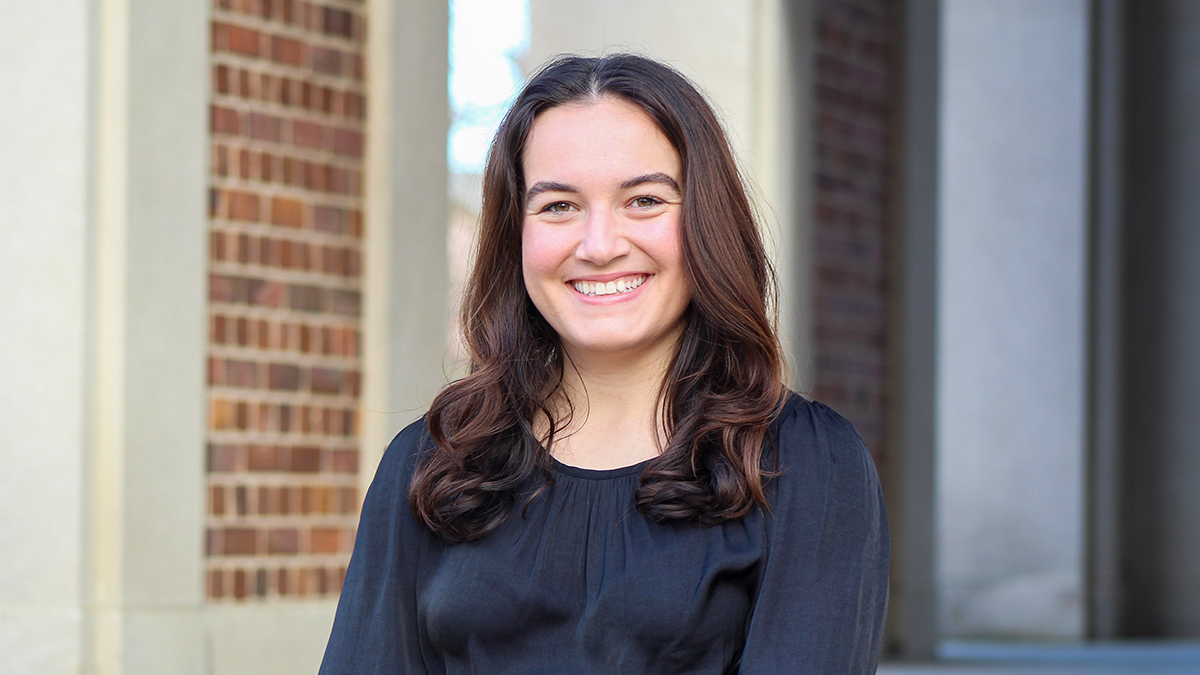Carolina No. 1 public in autism research
Programs that support autism research and outreach at Carolina can be found in nearly every corner of campus.
Carolina is the No. 1 public institution in the world for autism research, according to a 2012 report from the Interagency Autism Coordinating Committee, a federal advisory committee. Ranked No. 2 overall, Carolina is just behind Harvard University.
One reason Carolina is able to support so many different endeavors in autism research is the N.C. Autism Research Registry, a partnership between the TEACCH Autism Program and the Carolina Institute for Developmental Disabilities (CIDD) that matches qualified participants with research studies in genetics, neurology, epidemiology, early identification, behaviors and other areas.
In addition to TEACCH and CIDD, programs that support autism research and outreach at Carolina can be found in nearly every corner of campus. Here are just a few of the Carolina research projects that will help determine how Autism Spectrum Disorders are treated in the future:
The Department of Allied Health Sciences houses the Program for Early Autism Research, Leadership and Service (PEARLS) and the Rehabilitation Counseling and Psychology program and will partner with CIDD on a $900,000 grant from the U.S. Department of Health and Human Servicesto bring together various units at Carolina to improve services for young children with ASD and their families.
The Center on Secondary Education for Students with Autism Spectrum Disorder (CSESA) operates under the Frank Porter Graham Child Development Institute, and the Department of Psychiatry’s ASPIRE program focuses on children and adolescents with a suspected diagnosis of autism, schizophrenia, psychosis or bipolar.
Autism Speaks listed findings on possible underlying causes of autism published by researchers in the Department of Cell and Developmental Biology as one of the top 10 advances in autism research of 2013.
Two UNC studies– one from UNC’s Infant Brain Imaging Network and one from ASPIRE – have been recognized by the National Institutes of Health Autism Centers of Excellence program.
“UNC supports an amazing amount of autism research, and in so many different areas,” said Laura Klinger, associate professor of psychiatry and director of TEACCH. “Any time a family is seen in one of our clinics, they are asked if they would participate in the registry. Something we have at UNC, which other universities might not have, is a lot of families who are very involved in our research and help us to make a difference.”




